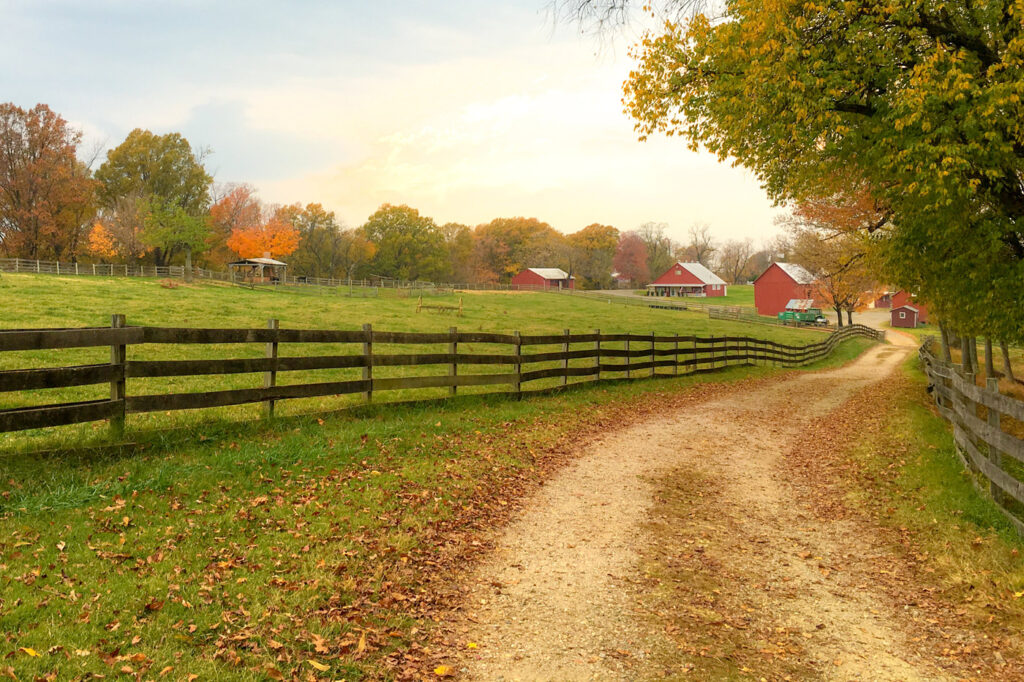Protecting your property with insurance should be a priority, especially if you have specific needs as a property owner. Regular home insurance policies, for instance, just don’t offer a similar level of coverage that a farm needs. Mistaking one for the other can cause you to miss out on benefits that will fit the potential issues you need to prepare for.
Finding the Right Farm Insurance
Homeowner’s insurance policies cover a dwelling, its contents, and other detached structures around the property for personal use. The protection of these real estates usually covers burglaries, natural disasters, and accidents that can occur on-site, which can be grounds for personal injury claims. In contrast, farm insurance covers specific clauses that fit a ranch or farm’s needs. Besides protecting your personal belongings, farm insurance also has a heightened level of securing your commercial liabilities like silos, fencing, and barns.
Although farm insurance may be a better fit for you, you should still be picky about finding the right insurance provider. Knowing what to look for in the premium you should secure will give you some insight on which policies are better than others.
Before you get farm insurance, here are three things you should consider:
1) Scope of Coverage
Farms can be personal dwellings and businesses in one property, which is an important distinction when protecting your assets. For example, your personal belongings and farm equipment must be listed separately on the policy Since every farm will have different tools and business procedures, farmers must ensure that all their trade tools are covered to avoid issue in case of a claim.
2) Changing Policies
It’s not uncommon to change insurance policies, regardless of what kind of asset you’re protecting. For commercial farm owners, it’s important to have flexibility in swapping policies from time to time. This is because purchasing newly acquired livestock and equipment can require you to secure better deals on your needs with a better plan. Additionally, noting these renewal clauses enables you to look for other insurance providers promptly. When looking for farm insurance, you should double-check the terms for renewal. Typical renewal notifications are issued 30 days in advance at the earliest to allow you to discuss any changes with your coverage plan.
3) Insurance Factors
Like any asset, your insurance rates will depend on the potential and current value of your assets. Similar to real estate properties, your farm will have a particular value depending on its location. However, you also need to consider if the agri-business you’re in is high-risk or not with your environment. This involves assessing the surrounding livestock, equipment, and other tools you may have in running your operation. Farmers must take an inventory of their assets and consider these variables when looking for farm insurance to completely protect their investments. Doing so allows you to prioritize depending on what requires the most protection under the farm policy you’ll get.
Conclusion
How you protect your property should cover your personal belongings and also extend to your business assets in owning a farm. Farm insurance doesn’t just cover structures around your property; you can also secure liability coverage for heavy equipment and even certain livestock. This is why it’s vital to secure the best insurance policy you can get for your farm’s needs.
If you need a farm insurance broker in Edmonton, AB, we’re the right firm to call. Direct-Line Insurance’s quality service dates back to the 1940s, making us an established name in Alberta for different insurance needs. Contact us today to experience our customer-focused approach in protecting your future.

